Our dedication to public health is reflected in our strategic use of media and communications to promote health awareness, disease prevention, and wellness in communities around the world. We develop targeted communication strategies that convey critical health messages, aiming to reach diverse audiences regardless of their location. Our content is designed to be accessible and actionable, empowering individuals with the knowledge they need to make informed health decisions. Our initiatives support public health campaigns, educate on preventive measures, and provide updates during health crises, ensuring that accurate and life-saving information is disseminated swiftly and widely. We collaborate with health experts to translate complex medical information into clear, understandable language that resonates with the public. By fostering a well-informed community, we contribute to the enhancement of public health outcomes and support the building of resilient health systems. Our goal is to see a world where every individual has the opportunity to lead a healthy life, supported by the best information and communication tools available.
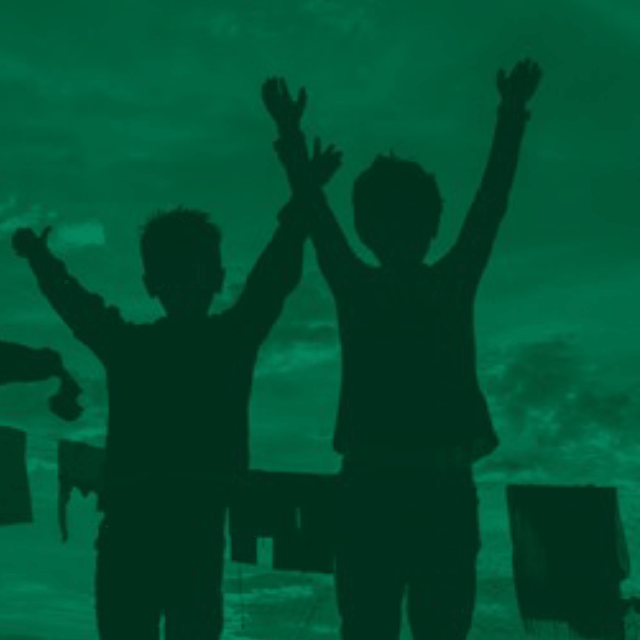
The Collective brought together 18 organizations in southern Syria who work across sectors to support children and their families.

SYRIA
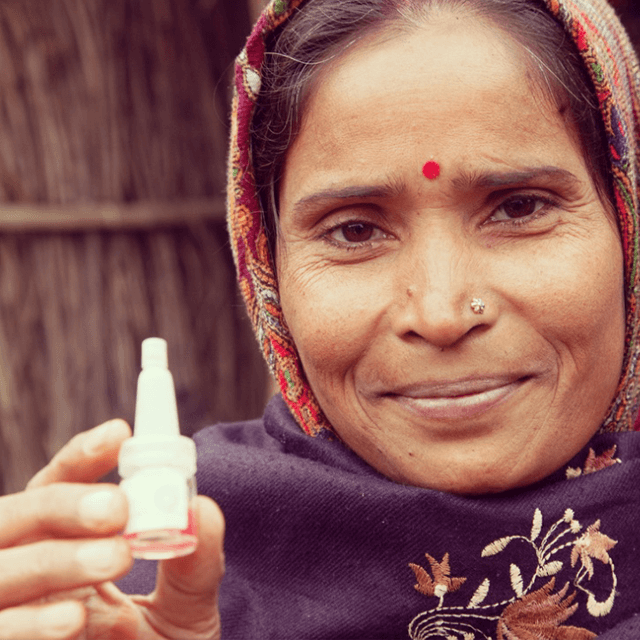
Lapis has collaborated with UNICEF in Afghanistan to combat polio by dispelling vaccine myths and educating the public about the importance of the polio vaccine.

AFGHANISTAN
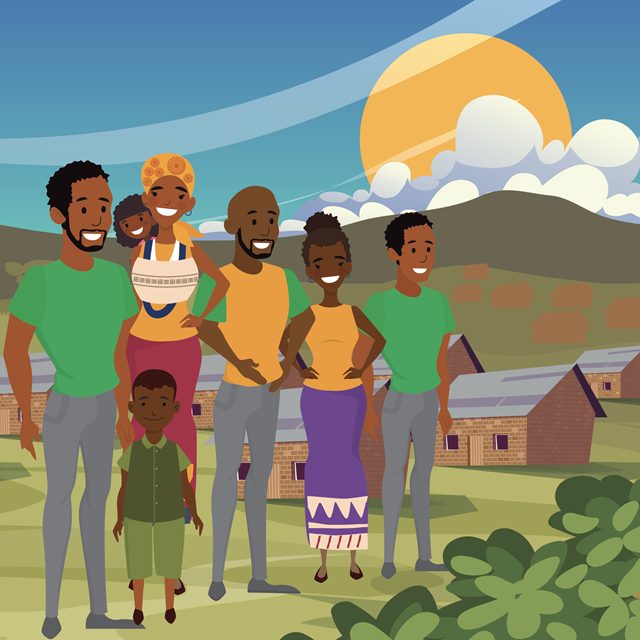
SANITATION CAMPAIGN

BURUNDI

Lapis has collaborated with UNICEF in Afghanistan to combat polio by dispelling vaccine myths and educating the public about the importance of the polio vaccine.

AFGHANISTAN
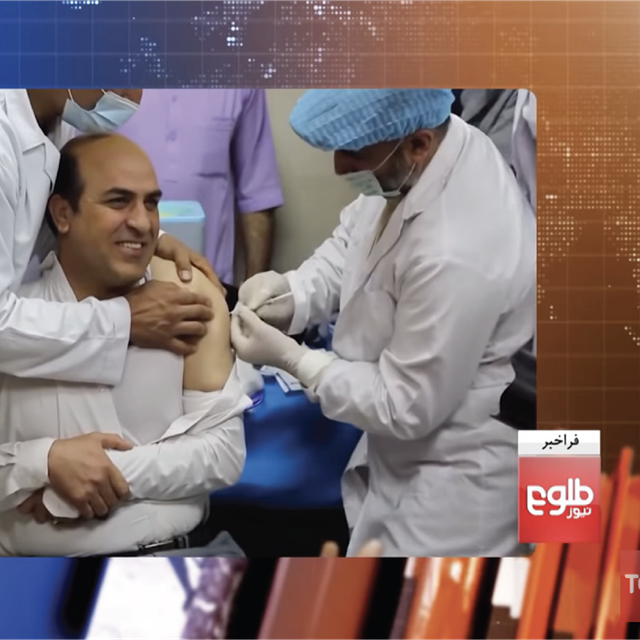
Interviews and Lapis commenced a partnership to produce and broadcast 10 TV shows on COVID-19. Lapis, therefore, took the responsibility for the current affair shows both in Dari and Pashto language, and introduced special segments to cover COVID-19 related messages. The records were further uploaded on social media channels for additional reach and coverage.

AFGHANISTAN
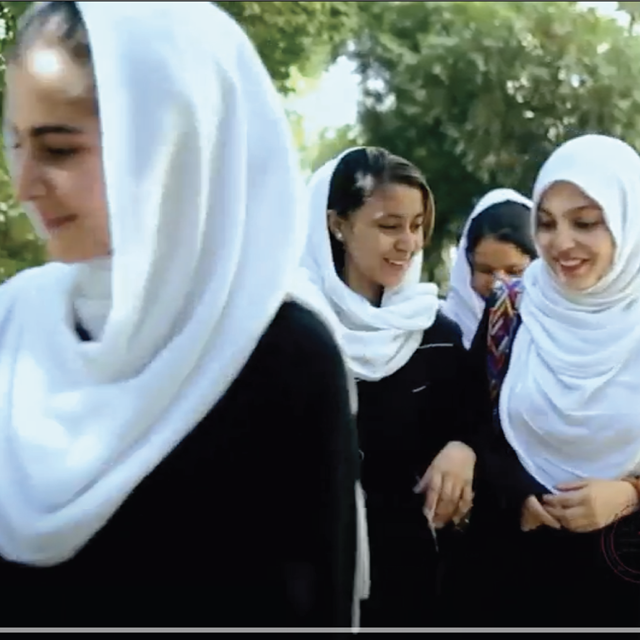
In Afghanistan, there are about 7.7 million adolescents in the age group of 10-19 years, of whom nearly half are girls. It is estimated that nearly 1 million adolescent girls (about 30%) are anemic, while 2.399 million are iron deficient.

AFGHANISTAN
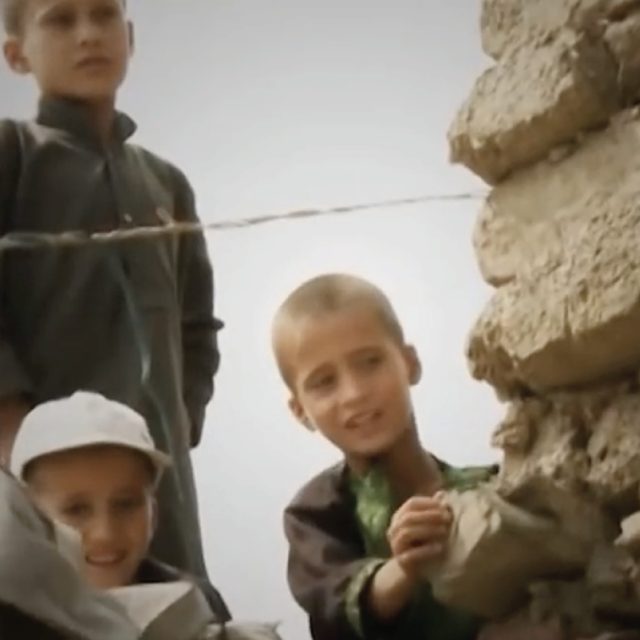
Most Afghans have limited access to medical services and are unaware of simple prevention remedies to keep themselves healthy.

AFGHANISTAN